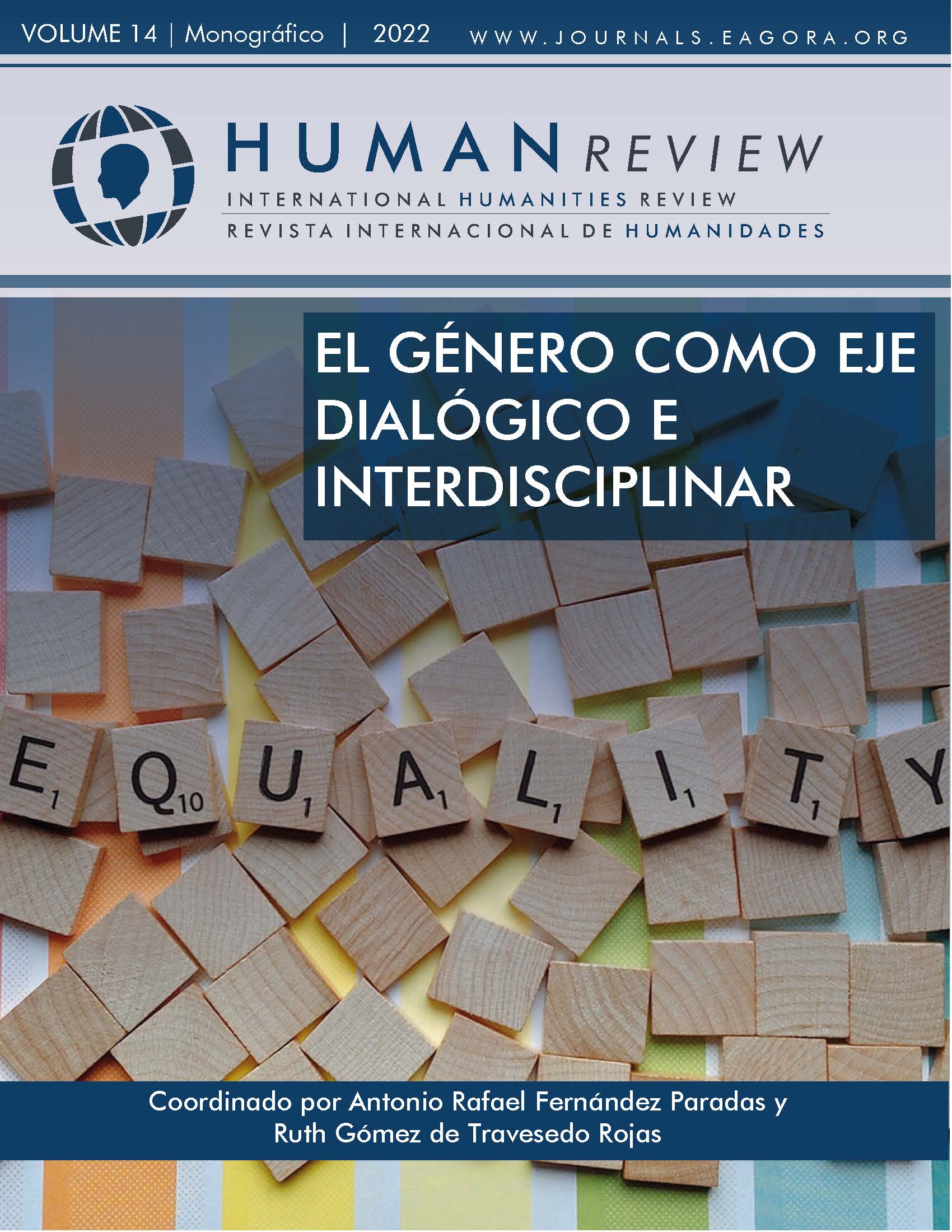How to embed gender equity approach in a european project on forced migration
The experience and challenges of a H2020 initiative
DOI:
https://doi.org/10.37467/revhuman.v11.4121Palavras-chave:
Gender equity, Forced migration, Forcibly displaced persons, European project, Attention and inclusion, Gender sensitive, Gender transformativeResumo
The current paper plunges into the reality of a European Research and Innovation project on forced migration, with the aim of explaining the challenge of embedding gender equity approach into the entire process. The level of gender sensitivity of the initiative is analysed, as well as the difficulties and benefits in the implementation of gender equity in a culturally diverse and complex research surrounding of a three year H2020 initiative focused on finding tailored attention and inclusion strategies for forced migrants. Findings show the need for additional training at international level, and the quest for genuinely transformative gender equity strategies.
Referências
ALLEA (2017). The European Code of Conduct for Research Integrity. Allea. https://www.allea.org/wp-content/uploads/2017/05/ALLEA-European-Code-of-Conduct-for-Research-Integrity-2017.pdf
Deblonde, M. (2015). Responsible research and innovation - Building knowledge arenas for glocal sustainability research. Journal of Responsible Innovation, 2(1), 20-38. doi.org/10.1080/23299460.2014.1001235 DOI: https://doi.org/10.1080/23299460.2014.1001235
European Commission (2020). Guidance note -Research on refugees, asylum seekers and migrants. https://ec.europa.eu/research/participants/data/ref/h2020/other/hi/guide_research-refugees-migrants_en.pdf
European Commission, Directorate-General for Research and Innovation (2011). Toolkit gender in EU-funded research. https://data.europa.eu/doi/10.2777/62947
GenderED, University of Edinburgh. (2022). Applying GSSA to Your Project: Five Steps. https://www.gender.ed.ac.uk/gender-sensitive-research/gssa-fivesteps/
Guilló C., Bueno, T., Fuentes, R., García C., N., Lara, M. & Hänninen, L. (2020). D3.2 – Working Methodology and Guidelines.
Guilló C., Bueno, T., Fuentes, R., García C., N., Lara, M. & Hänninen, L. (2020). D3.2.1 Manual for researchers: Interview guidelines.
Guilló C., Bueno, T., Fuentes, R., García C., N., Lara, M. & Hänninen, L. (2020). D3.2.2 Manual for researchers: Ethics and Gender.
Hänninen, L., Garcia Castillo, N., Fuentes Fernández, R., Bueno Doral, D, Pérez, C. & Verdejo, V. (2022). D.3.4 TAIS Methodology and Guidelines.
Jayasinghe, N., Pavez Butt, A. & Zaaroura, M. (2019). Integrating gender in research planning. Oxfam International. https://acortar.link/EGHPb7 DOI: https://doi.org/10.21201/2019.4122
Lebanese International University (2021). D5. 1 Catalogue of attention and inclusion practices for FDP in the EU influence area.
Owen, R., Macnaghten, P., Stilgoe, J. (2012). Responsible research and innovation - From science in society to science for society, with society. Science and Public Policy, 39(6), 751-760. doi.org/10.1093/scipol/scs093 DOI: https://doi.org/10.1093/scipol/scs093
Owen, R., Stilgoe, J., Macnaghten, P., Gorman, M., Fisher, E., & Guston, D. (2013). A framework for responsible innovation. Responsible innovation: managing the responsible emergence of science and innovation in society, 31, 27-50 DOI: https://doi.org/10.1002/9781118551424.ch2
RRI tools (ND). Gender equity. https://rri-tools.eu/gender-equality
World Economic Forum (2020). Gender gab report. www.weforum.org/reports/gender-gap-2020-report-100-years-pay-equality
Downloads
Publicado
Como Citar
Edição
Seção
Licença
Os autores/as que publicam nesta revista concordam com os seguintes termos:
- Os autores/as terão os direitos morais do trabalho e cederão para a revista os direitos comerciais.
- Um ano após a sua publicação, a versão do editor estará em acesso aberto no site da editora, mas a revista manterá o copyright da obra.
- No caso dos autores desejarem asignar uma licença aberta Creative Commons (CC), poderão a solicitar escrevendo a publishing@eagora.org.









